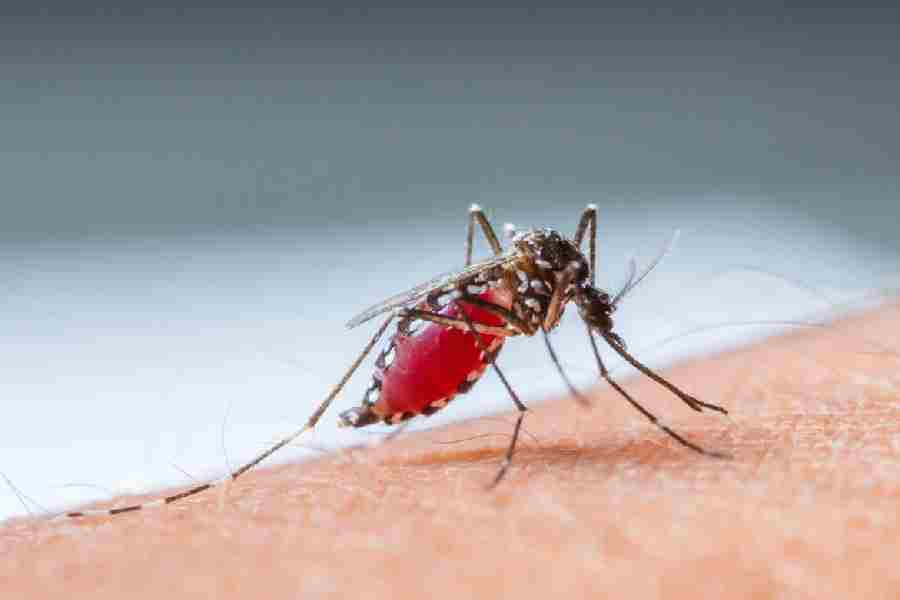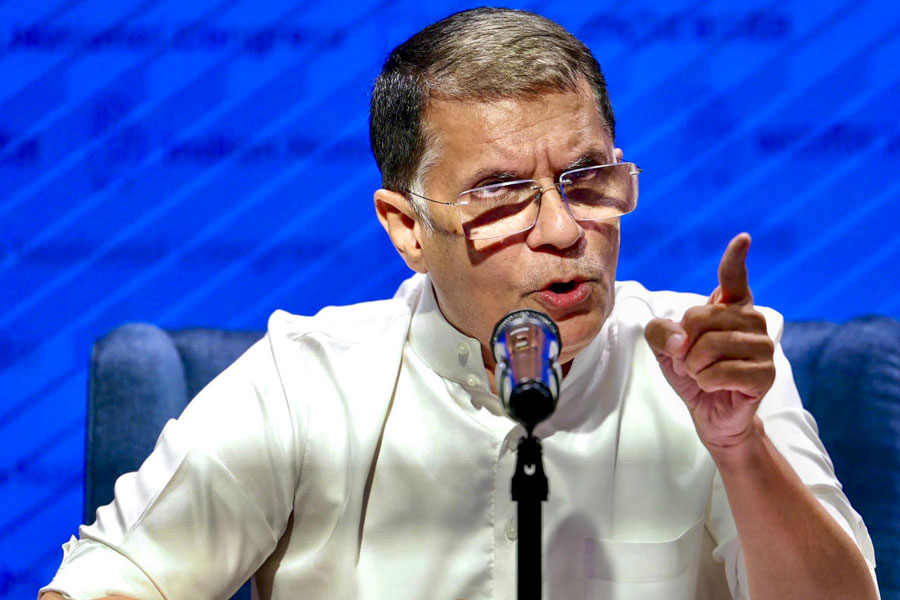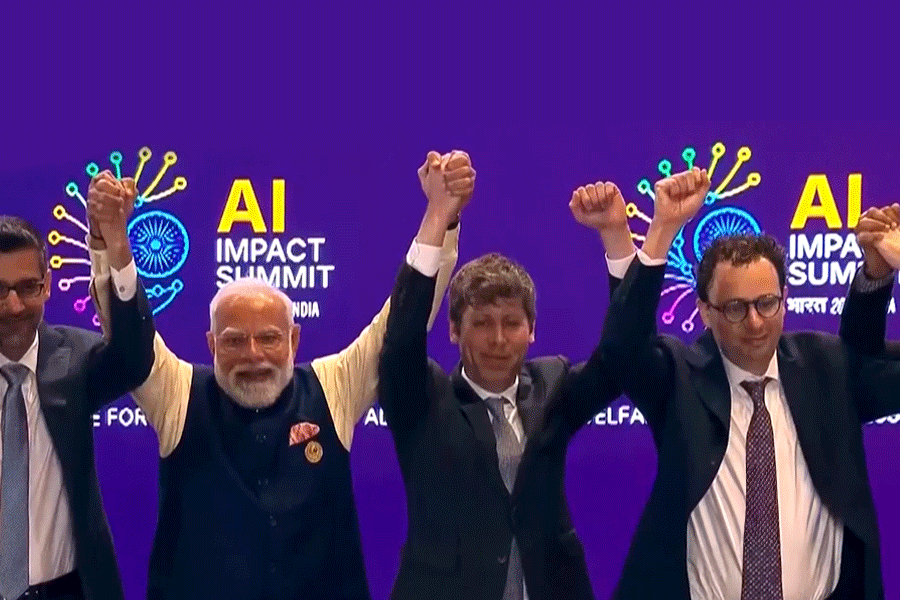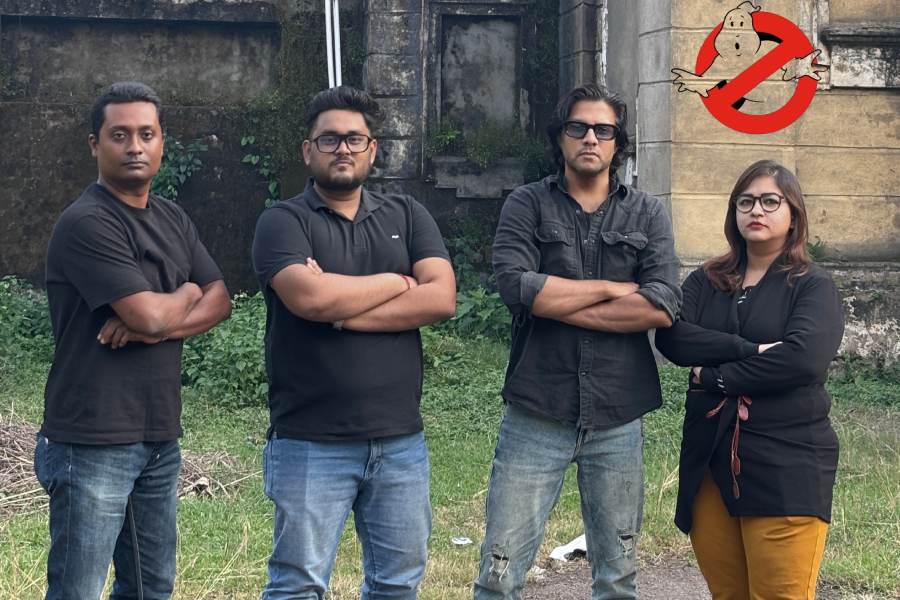Flight’s abuzz
Sir — Hollywood made us aware of the consequences of being stuck with snakes on a plane. Now it seems that there could be a worse fate: being stuck with mosquitoes on a flight. Passengers travelling from Lucknow to Delhi recently were swarmed by mosquitoes on board their Indigo flight, with the crew appearing nonchalant about the predicament of passengers who were left scratching themselves and swatting the bloodsuckers. Given the exorbitant fares that passengers have to pay to fly, the least that airlines can do is equip the crew with mosquito swatters. If nothing else, they can look at it as an opportunity to charge a mosquito swatting fee.
Aditya Mukherjee,
Calcuta
Unhealthy stance
Sir — The warning from the World Health Organization, UNICEF and Gavi, the Vaccine Alliance regarding the resurgence of diseases that are preventable by vaccines must not be ignored. History has shown that vaccination is the most effective defence against deadly pathogens. The recent decline in immunisation rates in both developed and developing nations is deeply concerning. Governments and international organisations must urgently address funding shortages and misinformation. The erosion of public trust in vaccines will only lead to unnecessary loss of life. A united, well-funded global effort is needed to prevent avoidable outbreaks and safeguard public health achievements.
Ravi Ramani,
Mumbai
Sir — The news that the world’s largest Covid-19 vaccine safety study has been terminated is deeply troubling. It is alarming that funding issues and political interference are undermining critical scientific work. Vaccination efforts must remain above political agendas. The rise in measles and meningitis outbreaks globally highlights the cost of complacency. World leaders must recognise that infectious diseases know no borders. Collective funding from nations is essential to maintain progress and protect vulnerable populations from preventable diseases.
Tapomoy Ghosh,
East Burdwan
Sir — The current setbacks in global vaccination efforts mark a dangerous reversal of decades of progress. The rise of misinformation in the United States of America under the new health secretary, Robert Kennedy, a known vaccine sceptic, coupled with financial constraints faced by agencies like WHO, threatens herd immunity worldwide. The recent measles outbreak in Alaska serves as a grim reminder of the consequences of vaccine shyness. Public health should never fall victim to political manipulation or neglect. It is imperative for the international community to support immunisation drives with renewed urgency, before more lives are unnecessarily lost.
Vinay Asawa,
Howrah
Precarious melt
Sir — The drastic decline in snow persistence in the Himalayan Hindu Kush region is a stark reminder of the deepening climate crisis. The warning from the International Centre for Integrated Mountain Development report about potential impacts on water security for over two billion people as a result of melting snow must prompt urgent action. Policymakers must invest in resilient water management systems and strengthen regional cooperation. Climate change can no longer be treated as a distant threat; its effects are already jeopardising essential resources. Governments must prioritise ecosystem-based strategies over political rivalry to protect livelihoods and ensure long-term stability.
Murtaza Ahmad,
Calcutta
Find the clues
Sir — Srimoyee Bagchi’s attempt to answer the oft-raised question about the paucity of women characters in the Feluda series was interesting (“Lady vanishes”, April 25). Another reason could be that many of Feluda’s adventures stem from the last will and testament of male characters, resulting in a quarrel among the sons, disputes between brothers over their late father’s hidden treasure or will. In those days, male members of the family would mostly inherit property. Had that not been the case, there may perhaps have been more women characters committing crimes in order to get their hands on material inheritance.
Somnath Mukherjee,
Calcutta
Sir — Being an ardent admirer of Feluda, I read the article, “Lady vanishes”, with keen interest. The writer mentioned many of the women we find in the books. I would like to add one more — in London’e Feluda, the sleuth meets an elderly Bengali doctor, Nishanath Sen, who introduces the legendary trio to his memsaheb wife, Emily, who makes coffee for them.
Sourish Misra,
Calcutta
Deceptive delivery
Sir — The resurgence of the yorker in the Indian Premier League has brought much-needed balance back to the game. The domination of batsmen had begun to erode the contest that makes cricket so compelling. Bowlers like Mitchell Starc, Bhuvneshwar Kumar and Prasidh Krishna have shown that hard work and precision can still unsettle even the most aggressive batting line-ups.
Indranil Sanyal,
Calcutta










